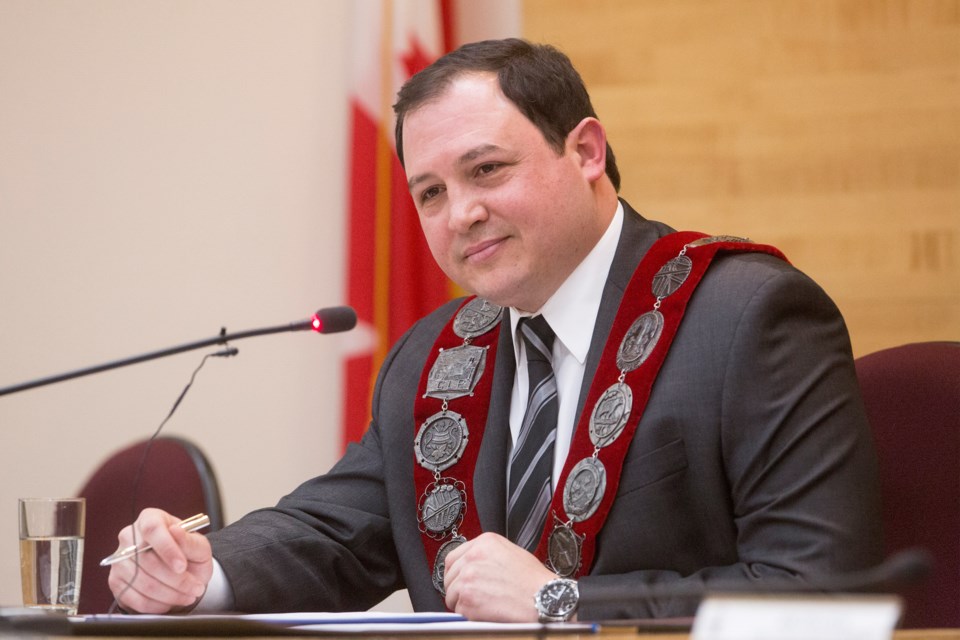Three years after Canada's Truth and Reconciliation Commission issued recommendations to municipalities as part of its final report on residential schools, Sault Ste. Marie's mayor is establishing a Bawating Advisory Circle to begin acting on those calls to action.
The new advisory circle is being set up following consultations with Batchewana Chief Dean Sayers and Garden River Chief Paul Syrette.
"It's something that is open," Mayor Provenzano told this week's meeting of City Council, indicating that all councillors are welcome to attend and participate.
City Council first agreed to act on the residential school recommendations on April 11, 2016.
Since then, city councillors have undergone cultural competency and cultural awareness training, the city's FutureSSM initiative has established indigenous relationships as a primary goal, and Mayor Provenzano and senior city staff have met with Justice Murray Sinclair, who chaired the Truth and Reconciliation Commission from 2009 to 2015.
The new advisory circle will include representatives from Batchewana First Nation, Garden River First Nation, Historic Sault Ste. Marie Metis Council, Metis Nation of Ontario Youth Council, Indian Friendship Centre, Sault College Indigenous Students Sacred Native Student Council, Algoma University Anishinaabe Initiatives and Children of Shingwauk Alumni Association.
The circle has been assigned the following mandate:
- to seek input along with the input from other First Nation leaders, representatives and community partners on community plans
- to strengthen our own (advisory circle) relationships and the relationship between the First Nation community and the larger community
- to acknowledge and discuss truth and work towards reconciliation
- to seek advice, input and guidance on how the city can implement the recommendations from the final report issued by the Truth and Reconciliation Commission
- to celebrate this area, its history and the tremendous culture of the First Nation communities and people
Calls to action issued by the Truth and Reconciliation Commission of Canada include the following recommendations directed at municipalities:
- fully adopt and implement the United Nations Declaration on the Rights of Indigenous Peoples as the framework for reconciliation
- repudiate concepts used to justify European sovereignty over indigenous peoples and lands, such as the Doctrine of Discovery and terra nullius, and to reform those laws, government policies, and litigation strategies that continue to rely on such concepts
- provide education to public servants on the history of Aboriginal Peoples, including the history and legacy of residential schools, the United Nations Declaration on the Rights of Indigenous Peoples, treaties and aboriginal rights, indigenous law, and aboriginal–Crown relations. This will require skills-based training in intercultural competency, conflict resolution, human rights, and anti-racism
- develop and implement strategies and procedures for the ongoing identification, documentation, maintenance, commemoration, and protection of residential school cemeteries or other sites at which residential school children were buried. This is to include the provision of appropriate memorial ceremonies and commemorative markers to honour the deceased children
- work collaboratively with the National Centre for Truth and Reconciliation to identify and collect copies of all records relevant to the history and legacy of the residential school system, and to provide these to the National Centre for Truth and Reconciliation
